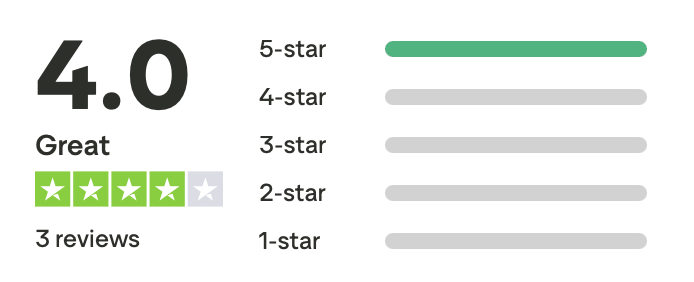Do you need a course to quit sugar?
Not really. Cutting sugar is something most people can do on their own.
So why take this course?
Because it can make the process easier. We share real-life tips that help you avoid cravings and manage them when they hit.
Is this a magic bullet that will fix everything overnight?
No. We won’t pretend it is.
But if you are serious about reducing sugar, this course brings together the essential facts, strategies, and practical tools — all in short, easy-to-watch videos.
We’ve done the research and condensed the best, proven tips into a clear step-by-step approach you can actually follow.
For just $25, you get a course designed for anyone who wants to cut sugar, feel better, and improve their health.
Our mission is to help as many people as possible break up with sugar.
No upsells. No hidden funnels. $25 is the total cost — that’s it.
Follow us and join our free Facebook community
Testimonials
“This course on sugar with ACT support was such a good find! It was really easy to access and I loved the short blast videos – straight to the point, no waffle, which made it super easy to stick with.
As I went through it, I started to notice some of my own habits popping up. For example, during a recent stressful period I found myself baking apple crumble and turning to comfort foods – and the course really helped me recognise why I was doing that.
I also immediately thought of a couple of close friends who would find it valuable, and I actually felt compelled to tell them about it right away.
What I really like is that it’s focused on triggers, and I know I’ll get even more from it if I make a point of going back once a week to rewatch the tools and techniques section. It feels like a great way to keep my brain “wired” to the new ideas.
Overall, this course is insightful, practical, and very well designed. I’d rate it 5/5.”
Lenore (51)
About Renata
This course wasn’t built in a lab — it was built in real life.
After years of trial and error, and searching for what genuinely helps people change, I realised most approaches were missing something essential: simplicity, honesty, and tools people can actually use day-to-day.
Alongside lived experience, I completed formal training to understand the psychology behind cravings and behaviour change. I’m a Nationally Certified Food Addiction Coach (NCFAC) and a Nationally Certified Life Coach (NCLC), trained through The Addictions Academy in Florida, USA.
My goal was never to create another wellness program.
My goal was simple: to build something that truly works. Something that actually helps people change and genuinely transforms their lives.
We may introduce a group coaching option in the future. If you’d like to join the waiting list, please register here.


